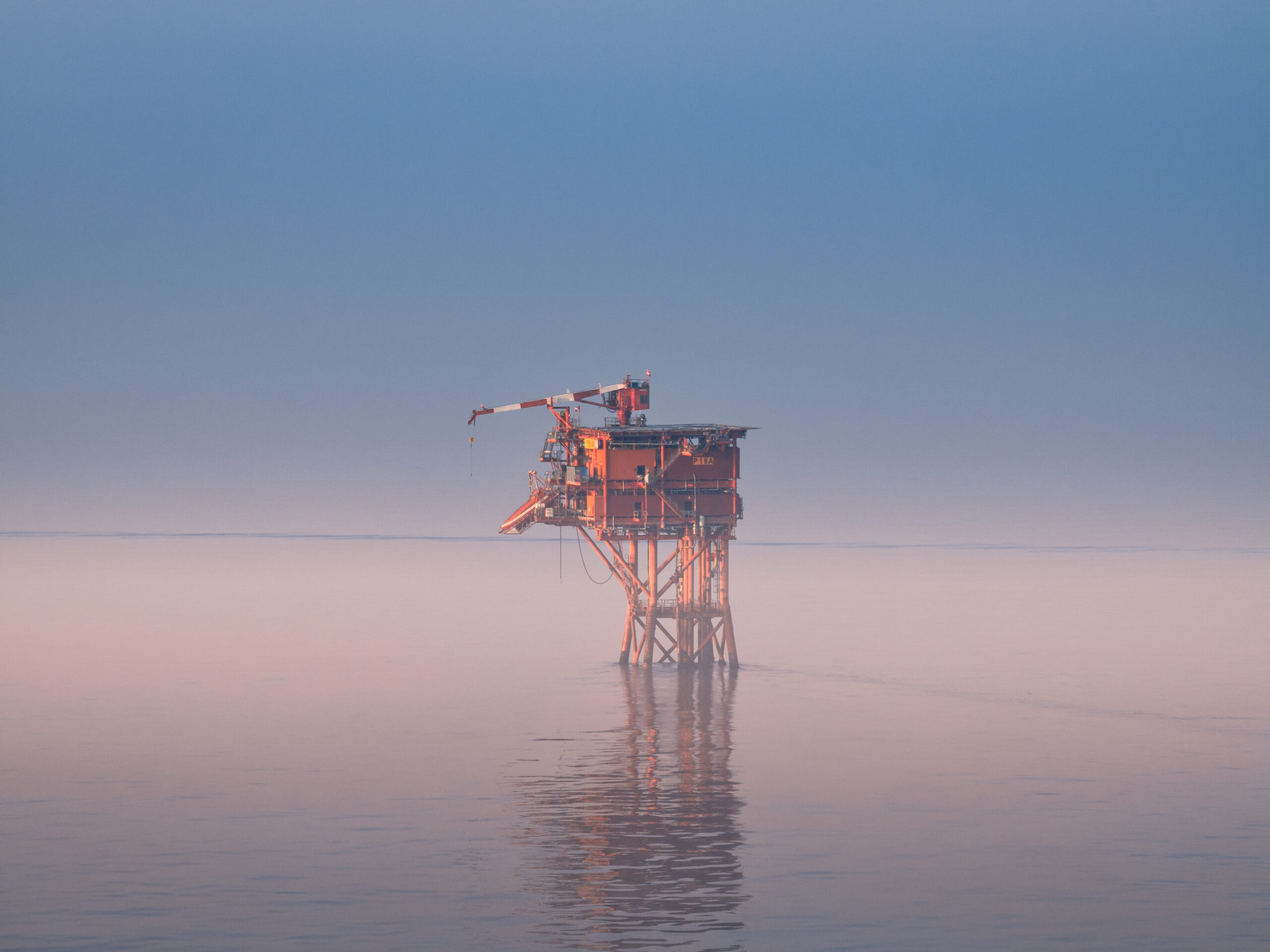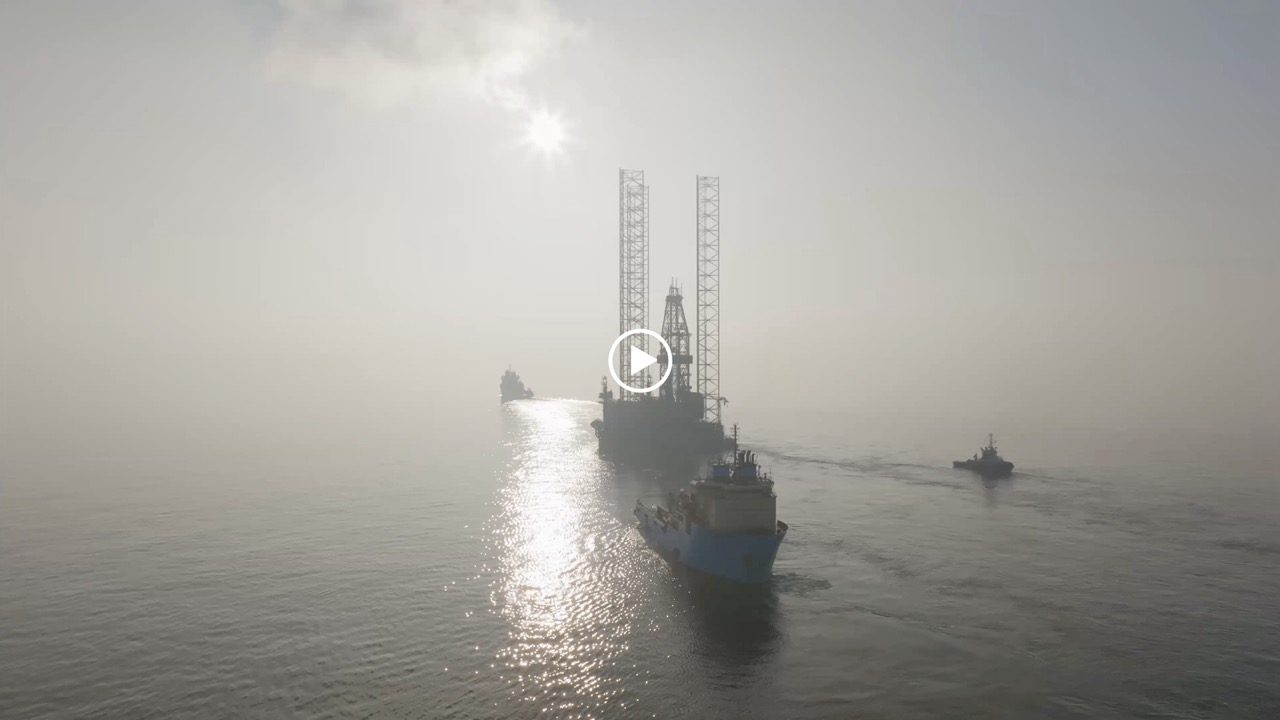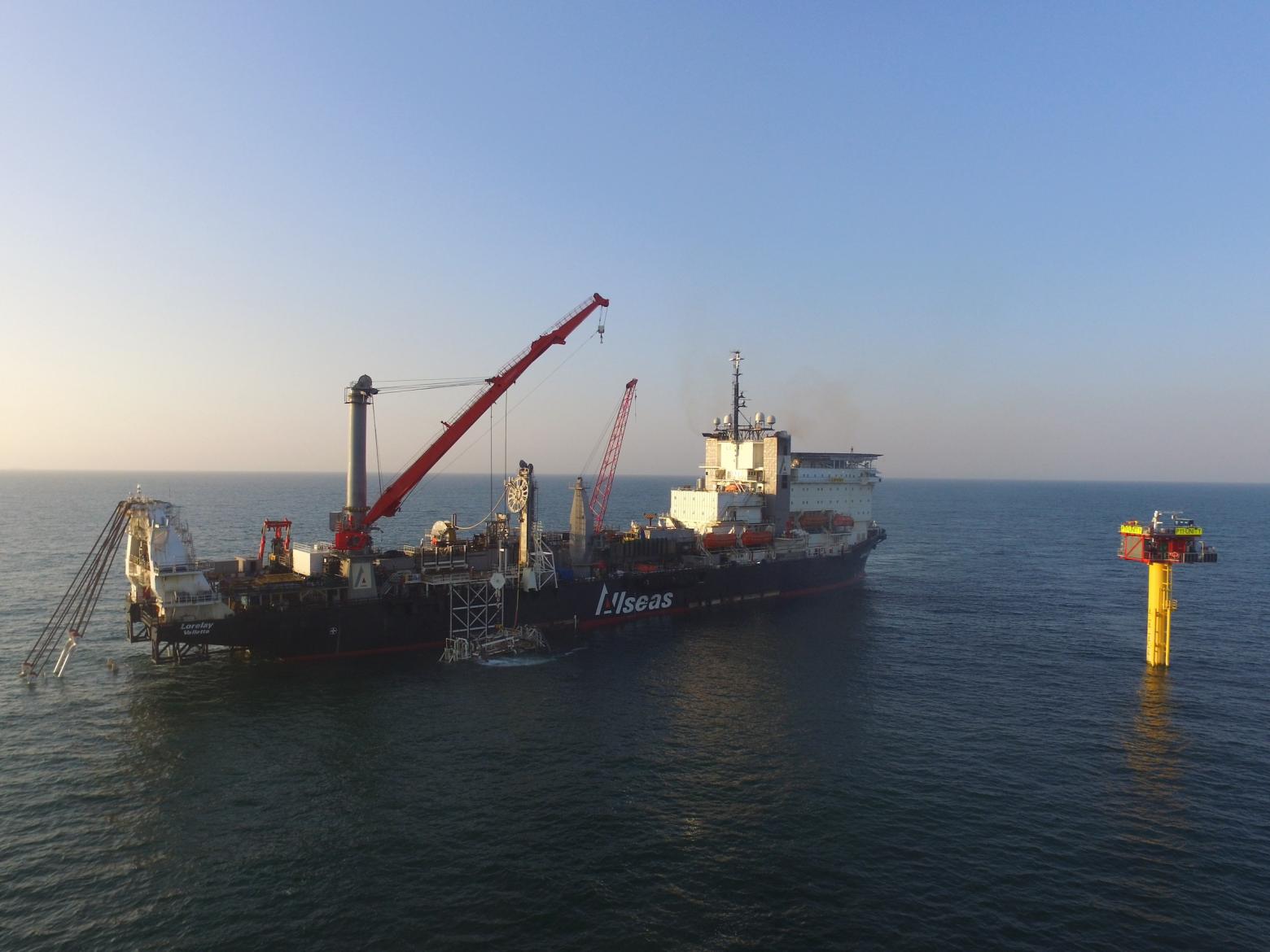With the launch of offshore activities for the Porthos project, the Netherlands is taking a significant step toward a more sustainable energy system. Porthos is the first large-scale CO₂ transport and storage initiative in the European Union and will play a key role in helping the Netherlands meet its climate goals. A major milestone in this project is the transformation of the former P18-A gas production platform – previously operated by TAQA – into a dedicated offshore CO₂ storage site beneath the North Sea.
A Definitive End to Gas Production
On 26 March 2025, gas production officially ceased at the P18-A platform. Since 1993, TAQA has produced 17 billion cubic metres of gas from this site, contributing to a secure and affordable energy supply for the Netherlands. Now, the platform and its wells are being repurposed to enable the safe, permanent storage of CO₂ at a depth of more than three kilometers below the seabed.

Later this year, ownership of the platform and the associated fields will be transferred to Porthos, a joint venture between Energie Beheer Nederland (EBN), Gasunie, and the Port of Rotterdam Authority. The project is co-funded by the European Commission through the Connecting Europe Facility (CEF).
Reuse and Sustainability Offshore
TAQA is responsible for converting the platform and wells under contract to Porthos. The scope of work includes:
• Permanently sealing off former exploration wells.
• Converting two production wells into CO₂ injection wells.
• Modifying the P18-A platform, including the addition of solar panels and wind turbines to power operations sustainably.
Offshore activities are now visibly underway with the arrival of the Valaris drilling rig.
.jpg)
René Zwanepol, Managing Director of TAQA: “Reusing existing platforms, wells and fields in the North Sea is smarter and more cost-effective than building entirely new facilities. It’s a good development that this infrastructure is being given a new purpose in support of the energy transition.”
Offshore Pipeline Works: Preparations in Full Swing
Allseas, the main offshore contractor for Porthos, has commenced pre-lay activities for the subsea CO₂ pipeline. Its purpose-built offshore construction vessel Oceanic recently completed an unexploded ordnance (UXO) survey along the 20-kilometre pipeline route, confirming the area was clear of munitions and ready for further work.

Later in April, the pipelay vessel Lorelay will begin installing the 16-inch insulated and weighted pipeline from the new compressor station at the Maasvlakte to the P18-A platform.
Allseas is tasked with the full installation, burial, and commissioning of the offshore pipeline. KCI is responsible for engineering the platform modification, and MAN Energy Solutions will supply the required compressor trains.

Porthos: Supporting Industrial Decarbonisation
Once operational in 2026, Porthos will transport approximately 2.5 million tonnes of CO₂ annually from industrial sources in the Port of Rotterdam for permanent offshore storage. Over a 15-year period, about 37 million tonnes of CO₂ will be stored in the depleted gas fields of the P18 block.
This reduction represents around 10% of the total annual CO₂ emissions of the Rotterdam port industry and is expected to contribute to about 17% of the Dutch industry’s 2030 climate target.
Building the Energy System of the Future
Hans Meeuwsen, Project Director at Porthos: “The end of gas production marks the beginning of a new phase in the development of CO₂ storage infrastructure. This is a great example of how we can repurpose existing infrastructure in a sustainable and innovative way.”
Element NL strongly supports this collaborative approach between government, industry, and infrastructure providers. By repurposing offshore gas infrastructure for CO₂ storage, the Netherlands accelerates its energy transition while maintaining a system that is safe, reliable, affordable, and future-proof.
More information: www.porthosCO2.nl






